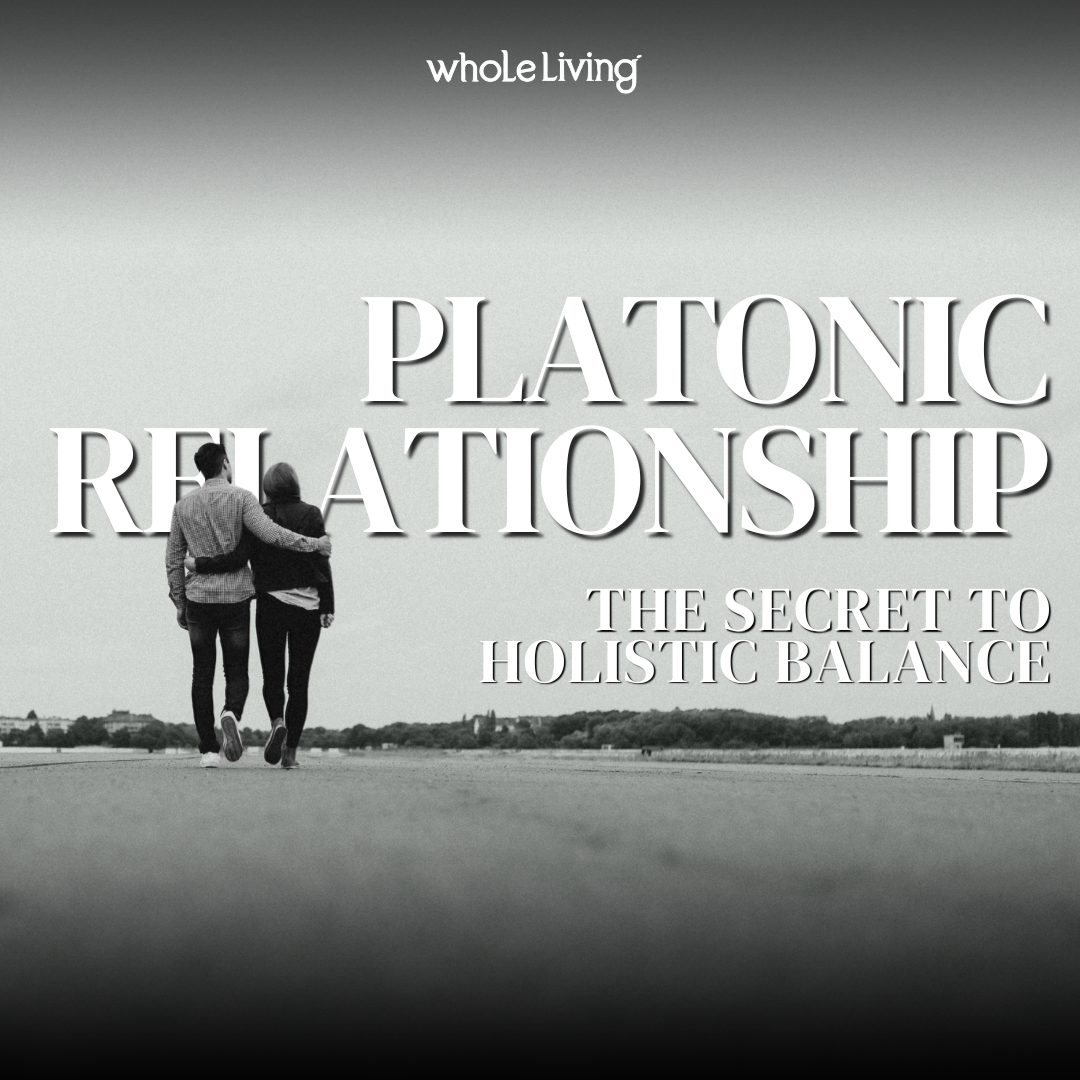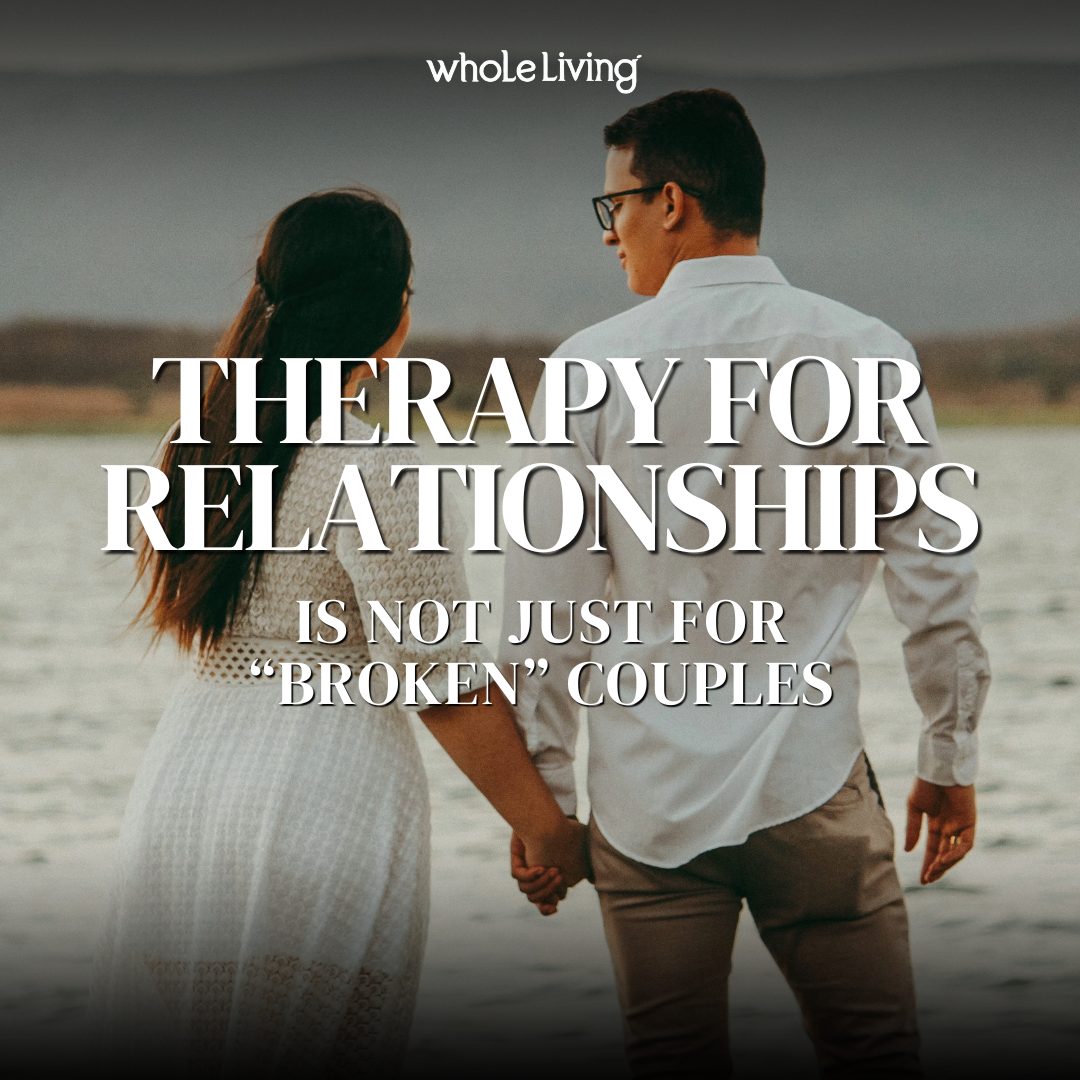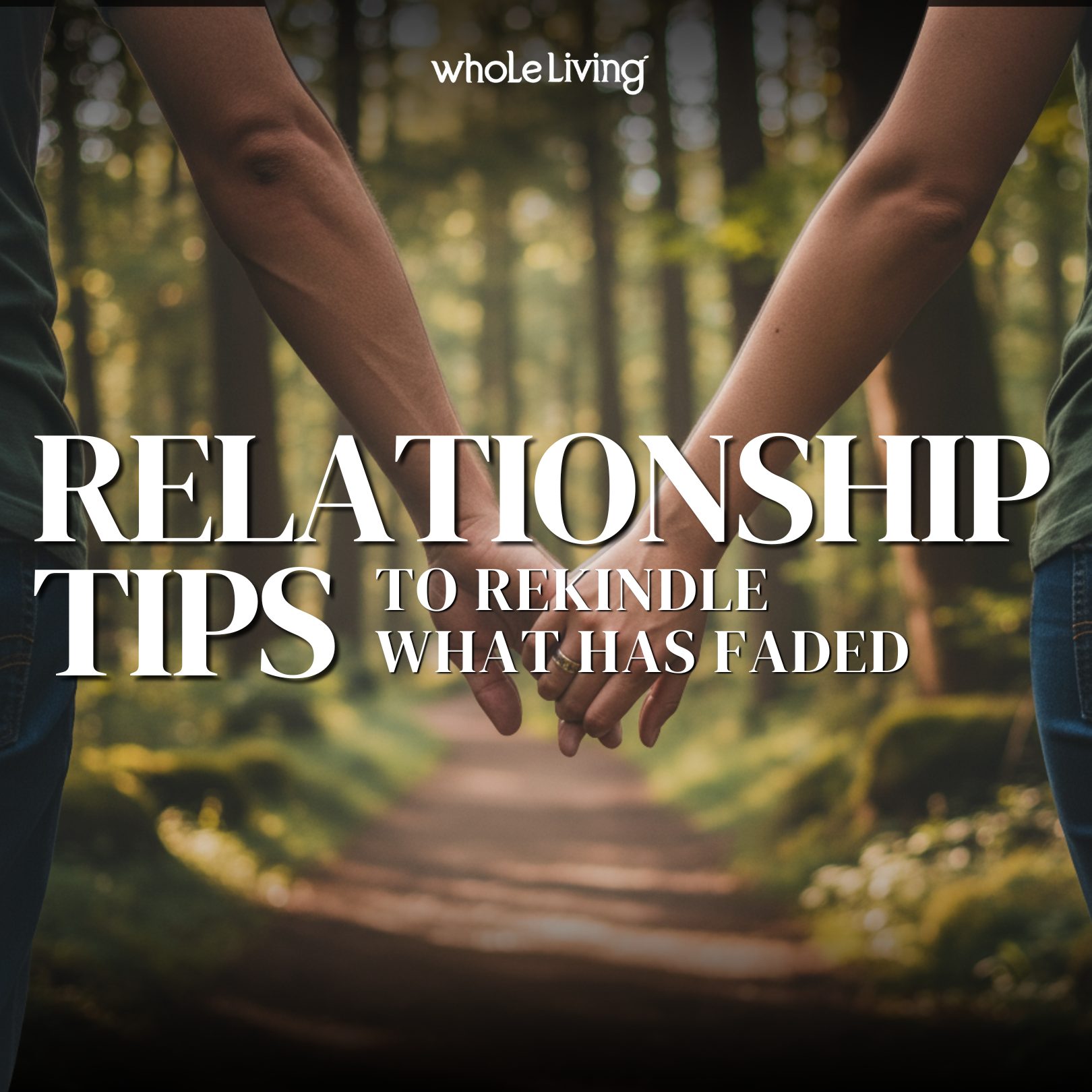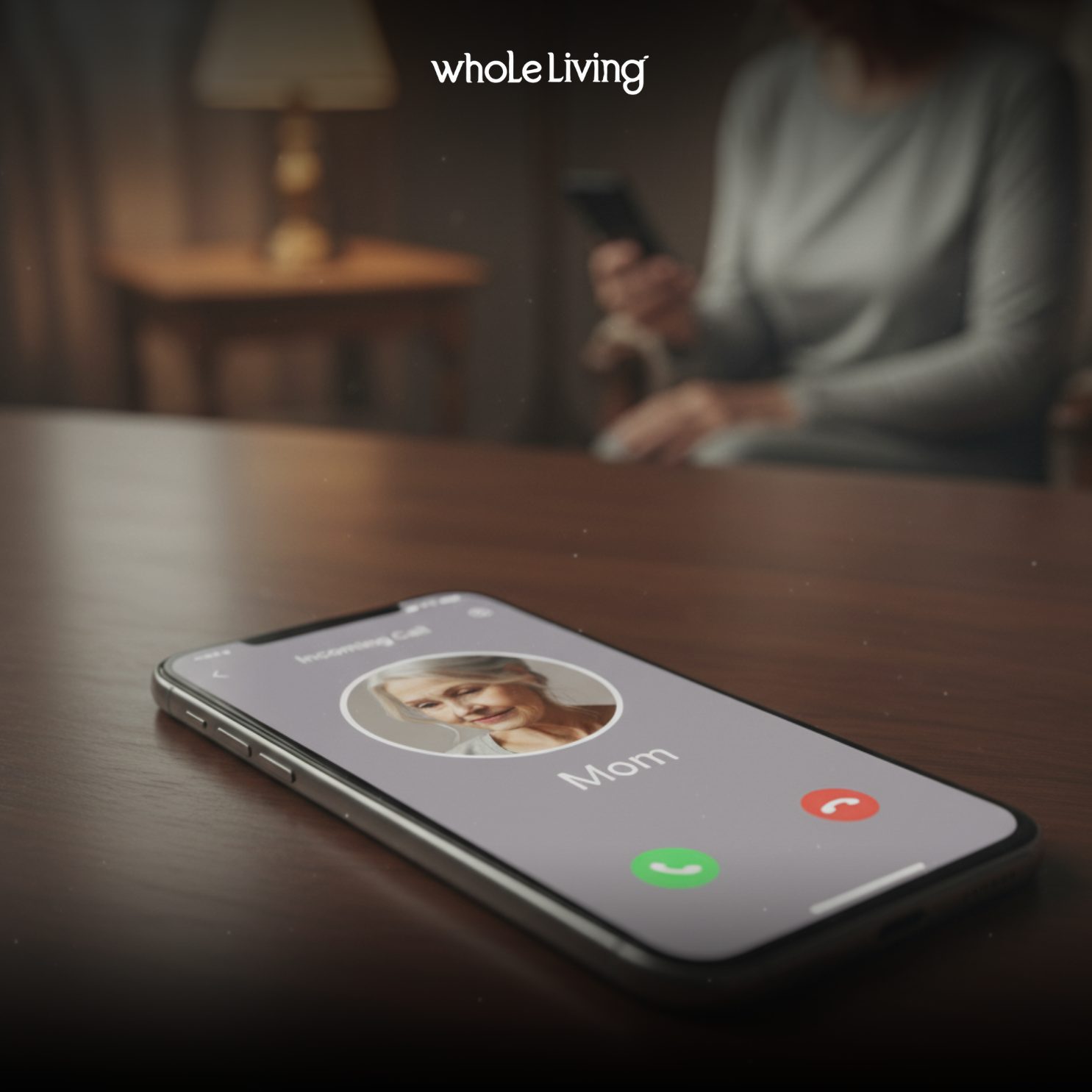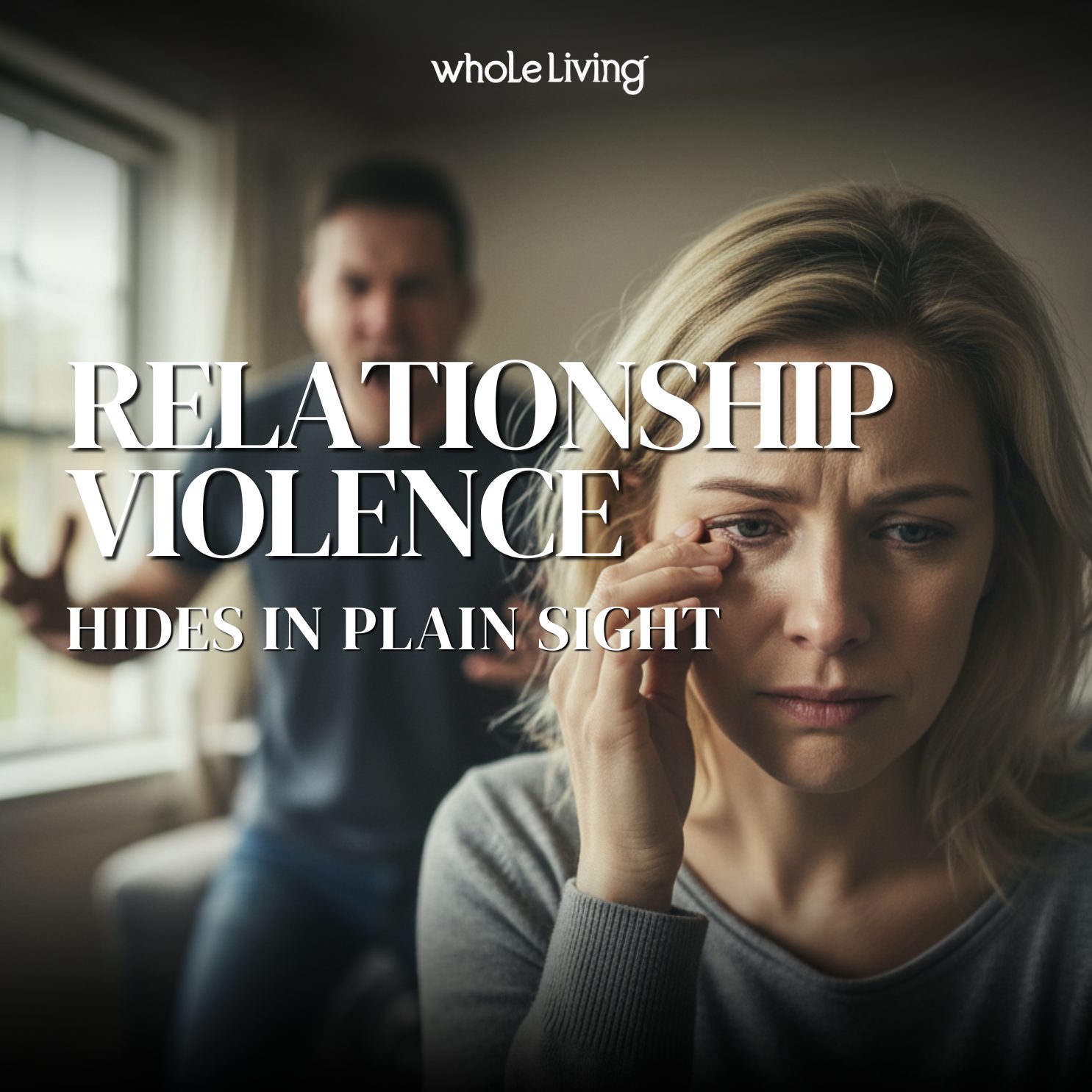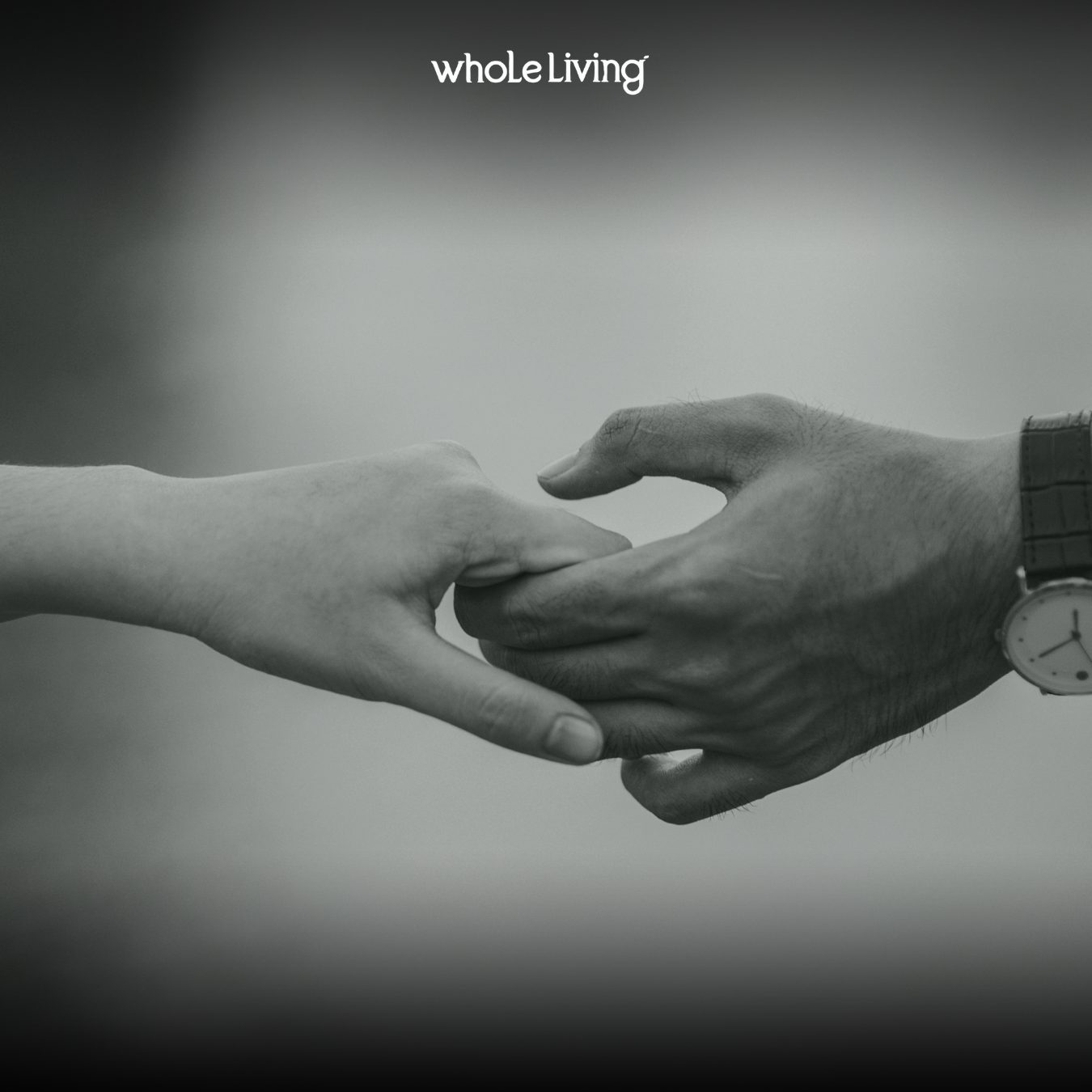In This Article
You might not realize it, but father figures often shape the way you handle emotions. Their presence, words, and actions create a steady rhythm in the background of your emotional world. Whether your father figure was a biological parent, a coach, a teacher, or a community elder, their influence runs deep. These figures are often woven quietly into our stories, guiding how we respond to challenges, stress, and relationships. Their impact on emotional regulation is subtle, yet powerful.
Emotional regulation is not just about staying calm. It’s about understanding what you feel, knowing how to process it, and choosing thoughtful responses. Many of these skills are modeled early in life. And often, it’s the father figures who show how to stay steady in the storm. Through their presence, whether strong or soft, they pass down more than advice — they pass down emotional patterns.
The connection you had, or longed for, with a father figure can shape your inner compass. When that connection is nurturing, it becomes a source of confidence and balance. And if it was missing or inconsistent, that absence can still echo. But the beauty of emotional growth is that it’s never too late. You can reflect, reconnect, and rebuild.
Today, we’ll walk through the hidden thread these father figures weave into your emotional life. You’ll understand how their influence connects to the heart of whole living. And most importantly, you’ll discover how to move forward with compassion, strength, and emotional clarity.
Who Counts as a Father Figure
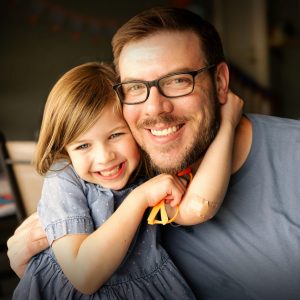
Let’s start here: a father figure is not just a dad. It’s anyone who shows up with guidance, consistency, and quiet strength. It might be an uncle who took you fishing, a mentor who listened, or a coach who believed in you when you didn’t believe in yourself. These figures come in many forms, but their impact is often the same. They help you feel safe and seen.
What makes a father figure so meaningful is not biology — it’s behavior. They lead not just by words, but by example. You watch how they handle stress, how they treat others, and how they move through the world. Over time, you internalize those lessons, often without even realizing it. Their way of being becomes a quiet guide in your life.
Even if you didn’t grow up with a steady male presence, chances are someone stepped into that space. Maybe it was later in life. Maybe it was someone unexpected. And maybe, you’re just now realizing how much they mattered. That realization can bring comfort, healing, and deeper self-awareness.
So take a moment to think about who played that role for you. Who offered you strength when you felt unsteady? Who modeled patience, resilience, or calm in the face of difficulty? These are the ones who helped shape how you manage your inner world. Their legacy is living in you.
Why Father Figures Matter More Than We Realize

There’s something steadying about the quiet confidence of a trusted male presence. Father figures can offer a sense of safety, helping you regulate your emotions simply by being grounded themselves. Their steady responses, calm tone, or even just the way they listen can shape how you show up emotionally. These cues aren’t always loud or obvious. But over time, they create a strong emotional foundation.
In childhood, we’re always watching. How do the grown-ups around us respond to anger, stress, or disappointment? Do they lash out, shut down, or lean in with care? Father figures who respond with patience and clarity give you a living example of emotional control. They show that it’s okay to feel deeply and still act wisely.
Studies have shown that children with involved father figures often develop stronger emotional intelligence. This means better self-awareness, fewer outbursts, and a greater ability to handle difficult emotions. It also builds a quiet confidence that says, “I can handle what life brings.” And that belief can carry into every relationship you have.
The influence doesn’t stop in childhood. Even in adulthood, a strong father figure can help you reset. Their presence, words, or memory can remind you to slow down, breathe, and respond from a place of wisdom. And that emotional grounding is a gift that keeps giving.
READ ALSO: Friend Quotes That Remind You You’re Loved
Early Imprints: The First Lessons in Emotional Regulation

Your early experiences with father figures can leave lasting emotional footprints. Long before you could name your feelings, you learned how to handle them by watching others. If your father figure remained calm when things got tough, you likely picked up on that calm. If he listened with patience, you learned to do the same. And if he struggled, you may have absorbed that too.
Emotional regulation starts with co-regulation. When we’re small, we need others to help us settle. A soothing voice, a steady hand, or even a simple presence can bring a child’s nervous system back into balance. Father figures often provide this kind of emotional anchor. They model self-control not by denying emotion but by showing how to hold it with grace.
These early lessons become your internal tools. Maybe you learned to pause before reacting. Or maybe you picked up the habit of stepping back to reflect. These aren’t just traits — they’re emotional strategies passed down through observation. And the source of those lessons often traces back to the father figures who stood beside you.
Even if those early experiences were imperfect, they still offer insight. You can look back now and ask, “What did I learn, and what do I want to relearn?” That reflection opens the door to emotional freedom. It allows you to choose what you carry forward and what you release.
The Emotional Blueprint Passed Down
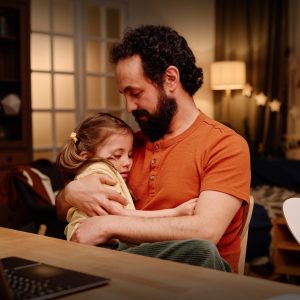
Each of us carries a unique emotional blueprint. Much of it comes from what we saw and felt in our early relationships. Father figures play a major role in this blueprint — even if we didn’t realize it at the time. Their reactions to life, love, and conflict often become the patterns we repeat. Sometimes they teach us balance. Sometimes, they teach us what we want to change.
When a father figure handles emotion with care, that becomes part of your internal voice. You might find yourself pausing in stress and remembering their tone. Or choosing patience because that’s what they modeled. These moments are more than memory — they’re emotional tools you can use every day. And they help build resilience.
But if that blueprint was shaped by absence, anger, or silence, it can leave gaps. That doesn’t mean you’re broken. It means there’s space for new patterns to emerge. Healing begins when you notice what’s missing and take small, steady steps to create something new. This process is empowering.
You are not limited to the emotional habits you were given. You can reflect, rewire, and relearn. With time and support, you can become the person you needed. And in doing that, you pass on a healthier emotional legacy — one rooted in intention, not just imitation.
When Father Figures Are Absent
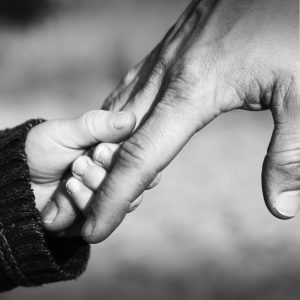
The absence of a father figure can feel like a missing thread in your emotional fabric. It might show up as uncertainty, difficulty trusting, or struggling to manage intense emotions. You may not have had someone to show you how to stay calm, how to name your feelings, or how to feel safe in vulnerability. And that gap can leave questions that linger for years. But here’s the truth — it’s never too late to learn.
Recognizing the impact of that absence is a brave first step. It allows you to see your emotional responses with fresh eyes. Instead of shame, you can meet yourself with compassion. Maybe no one showed you how to self-soothe, how to respond with kindness, or how to stay grounded. But those are skills you can build now.
Support can come from unexpected places. Therapists, mentors, friends, or even personal growth books can offer the emotional guidance you didn’t receive. These modern-day father figures might look different, but their care is just as powerful. They can help you fill the gap, slowly and with intention.
You are not alone in this. Many walk the path of healing from fatherlessness, and many find strength they didn’t know they had. The journey toward emotional regulation may be longer, but it can also be deeply meaningful. You get to write a new story — one built on healing, choice, and self-love.
READ ALSO: Virtual Hug Is The Key to Nourish What’s Been Neglected
Rebuilding Safety with Male Energy

If your experience with father figures brought confusion or pain, feeling safe around masculine energy may take time. It’s okay to feel cautious. That’s your nervous system protecting you. But there’s power in learning to feel secure in spaces that once felt uncertain. And that begins with trust — both in others and in yourself.
Healthy male energy doesn’t demand, dominate, or dismiss. It holds space, listens deeply, and respects boundaries. When you start to encounter that kind of presence, it can shift something inside you. It might feel unfamiliar at first. But over time, it begins to soften old wounds.
One way to rebuild this sense of safety is through conscious connection. Seek out mentors, community spaces, or friendships where respect is mutual. Pay attention to how people make you feel — calm, tense, open, or closed. Your body carries wisdom. Trust it.
This process isn’t about erasing the past. It’s about writing a new chapter. With each healthy male interaction, you create new emotional reference points. And slowly, your sense of safety begins to rebuild from the inside out. That safety becomes a foundation for deeper peace and stronger emotional regulation.
Father Figures in Adult Life

As you move through adulthood, father figures continue to influence your emotional growth. Their role doesn’t end when you grow up — in many ways, it deepens. A mentor at work, a wise friend, or a community leader can offer the same grounding presence you once looked for as a child. These relationships, when built on mutual respect and care, help you stay emotionally steady. They remind you that it’s okay to lean on others.
Supportive male figures in adulthood can show up during life’s major transitions. When you're starting a new job, facing a loss, or making big life decisions, their calm advice and patient listening can guide you. These moments are where emotional growth often flourishes. When someone shows you how to remain composed, thoughtful, and open, it becomes easier to practice those qualities yourself. Their influence teaches you how to stay present and connected.
Healthy masculine energy in adult friendships can be powerful. Whether it's a friend who listens without judgment or a mentor who encourages you to grow, these relationships offer safety. And safety allows you to explore your own emotional world more deeply. These dynamics aren't about perfection — they're about presence. About choosing to show up with care, time after time.
READ ALSO: Adulthood Friends and The Ones Who Really Stay
Emotional Regulation as a Path to Whole Living

Your emotional health is not separate from your overall well-being. It’s woven into every part of your life — your body, your mind, your choices, and your relationships. When your emotions are regulated, you think more clearly, respond more thoughtfully, and live more peacefully. Father figures help shape this emotional balance, and their influence often supports other areas of wellness too. Their presence can be the foundation for a more grounded life.
When your emotions feel steady, your body often follows. You sleep better. Your digestion improves. Your energy levels are more consistent. That’s because emotional stress can wear down the body, but emotional stability helps it thrive.
This sense of inner balance also impacts how you relate to others. In relationships, you communicate more kindly and listen more openly. At work, you make choices with clarity instead of reacting from stress. And in daily life, you find it easier to stay in rhythm with routines that nourish you — like mindful movement, healthy eating, and quiet reflection.
Whole living isn’t about doing everything perfectly. It’s about choosing practices that support peace, presence, and sustainability. Emotional regulation is one of those quiet practices that touches everything. And when it's rooted in care — especially the care you received or chose to build with father figures — it becomes even more meaningful.
Becoming the Father Figure You Needed

There may come a moment when you realize you can be the father figure you once longed for. You don’t need to have children to offer that energy to the world. You can become a source of calm and kindness in someone else’s life — through your presence, your words, your steady way of being. That kind of support is deeply healing. For them, and for you.
When you nurture others, something beautiful happens inside. You begin to understand the strength it takes to listen without fixing. To hold space without judgment. To show up, even when you’re unsure. These moments are where healing begins — not just for others, but for your younger self too.
Maybe no one taught you how to stay calm in the storm, but now you’re learning. And every time you choose compassion, every time you pause before reacting, you’re building emotional wisdom. That wisdom doesn’t go unnoticed. It becomes a gift that quietly shapes those around you.
It’s never too late to grow into the figure you needed. You have the power to rewrite what care looks like. And in doing so, you become part of a larger healing — one that begins with intention, and spreads through love.
Takeaway: The Steady Thread That Holds Us
Throughout your life, father figures may have come and gone — or maybe they were never there at all. But their impact, whether felt deeply or missed entirely, often leaves an emotional imprint. That imprint can be a guide. It can show you where you’ve grown, where you’ve healed, and where you’re still learning. Their thread, even when invisible, often runs through your emotional life.
Now you know that emotional regulation is not a gift for the few — it’s a skill we can all learn. Whether you were supported or left to figure it out alone, there’s always a way forward. That way forward includes reflection, new relationships, and the courage to become the person you needed. It’s not about fixing the past, but honoring what you’ve learned.
Lean into support wherever you find it — in mentors, friends, community, or your own quiet strength. Trust that your emotional world matters. That your peace matters. And that by nurturing it, you help others find theirs too.
You are not alone on this path. The steady thread of father figures, in all their forms, can help hold you as you continue to grow into your most grounded, whole self.






